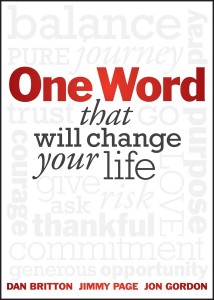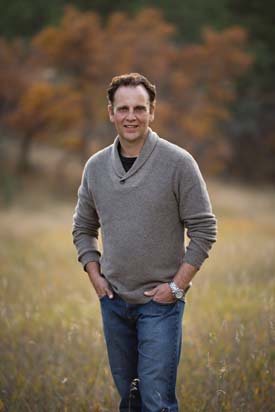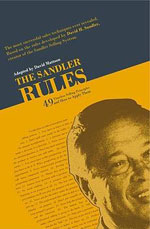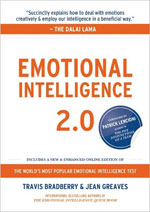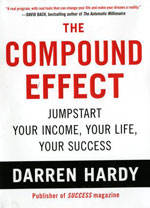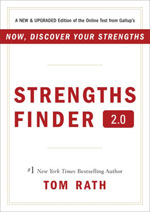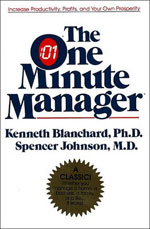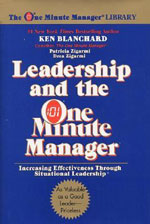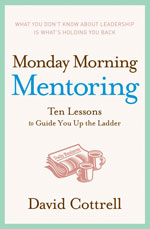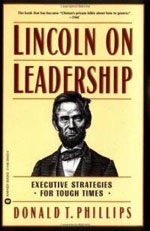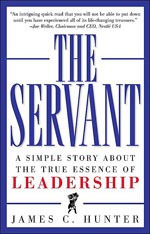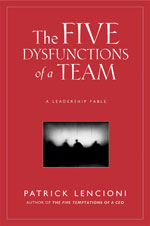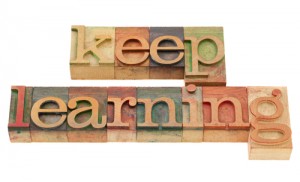 John Maxwell teaches that everyone enjoys being inspired, but he then goes on to remind us that the key to personal development is this: Motivation gets you going, but discipline keeps you on the path of personal growth. No matter how talented you are or how many opportunities you have, consistency is the key if you want to grow.
John Maxwell teaches that everyone enjoys being inspired, but he then goes on to remind us that the key to personal development is this: Motivation gets you going, but discipline keeps you on the path of personal growth. No matter how talented you are or how many opportunities you have, consistency is the key if you want to grow.
If you’re growing at all as a human being, then you’re going to be a different person each year than you were the previous year. And if you consciously pursue personal development, then the changes will often be dramatic. As the famous journalist George Lorimer wrote and often remarked, “You’ve got to get up every morning with determination if you’re going to go to bed with satisfaction.”
Your future success depends on your consistent approach to your personal development and daily improvement. Imagine where you would be in one, five, or ten years from now if you consistently expanded yourself—which in turn would expand your horizons, your opportunities, and your true potential. I wrote this blog post last year about improving yourself by 0.3% every day and the impact that improvement could have on your life, career, and well-being.
As E.M. Gray said, “The successful person has the habit of doing the things failures don’t like to do… They don’t like doing them either necessarily. But their disliking is subordinated to the strength of their purpose.” In other words, the more in touch we are with why we want to grow (our purpose), the more dedicated and consistent we will be in focusing on personal growth, thus reaching our full potential and doing something great!
So where do we start? Start small! One reason we may often disappoint ourselves when we strive for personal growth is that we try to tackle too much. So when we fail or don’t get the immediate results we want, we get discouraged and demotivated.
One of my goals this year is to run a marathon. Every week there are several runs I need to complete. The most important run is the “Saturday Long Run.” Over the course of 18 weeks, I gradually increase the length of this long run until I get up to 20 miles. The thought of going out and running 20 miles (let alone 26.2 miles!) is unfathomable to me right now, but I can run 8 miles this week, 9 miles next week, and 10 miles the week after that. As John Maxwell writes, “Small disciplines repeated with consistency every day lead to great achievements over time.”
If we want to grow, we will have more success by growing in small amounts every day, rather than by trying to get where we want to go in one gigantic stride.
After we realize that growth often comes in small increments, we then need to be patient. This has always been a challenge for me, as I have a driven personality—when I want something, I want results now! Ask anyone who works with me or knows me well, and they will tell you that I can be impatient and even a bit of a bull in a china shop at times, and if I am not careful, I can charge right through people in the pursuit of my goals.
Through time and training, I have learned to recognize when I am about to leave hurt people around me in the pursuit of a goal and have tempered my approach. I love this quote from Saadi Shirazi, the Persian poet: “Have patience. All things are difficult before they come easy.” So when you get frustrated in your journey towards personal growth, be consistent and stay the course, being aware of the people around you.
John Maxwell also teaches that it’s important to value the process. The road to real growth will take time, so enjoy the ride. Take your big goals and break them down into smaller goals and then enjoy the success of reaching those individual milestones.
When I decided to run the marathon, I purchased a GPS watch that monitors my pace, heart rate, time, and distance. My favorite part of the run is when I hit the “End Run” button on the watch. Not because I am finished, but because the clever device gives me feedback—for example, it will say “congratulations,” “fastest mile,” “longest distance,” “best pace,” etc. I then plug the watch into my laptop and share my results with my friends and family on Facebook. It’s amazing how motivated and committed to running I feel when I celebrate my small successes with myself, friends, and family. When we make a habit of reaching those smaller goals and sharing them with others, we become accustomed to achieving our goals and driven to reach the next milestone.
Knowing what you need to improve is just as important as knowing why you want to improve. The how and what will only take you so far; you need willpower to carry you through the tough times when motivation is lacking. Read this post on “finding your fight” if you want to explore this subject further.
To summarize: we will never change our lives until we change what we do daily. This means we need to develop great habits. Discipline mixed with consistency is like the water and cement mixed together to create concrete—which represents those tangible habits we need to put us on and keep us on the path of growth.

